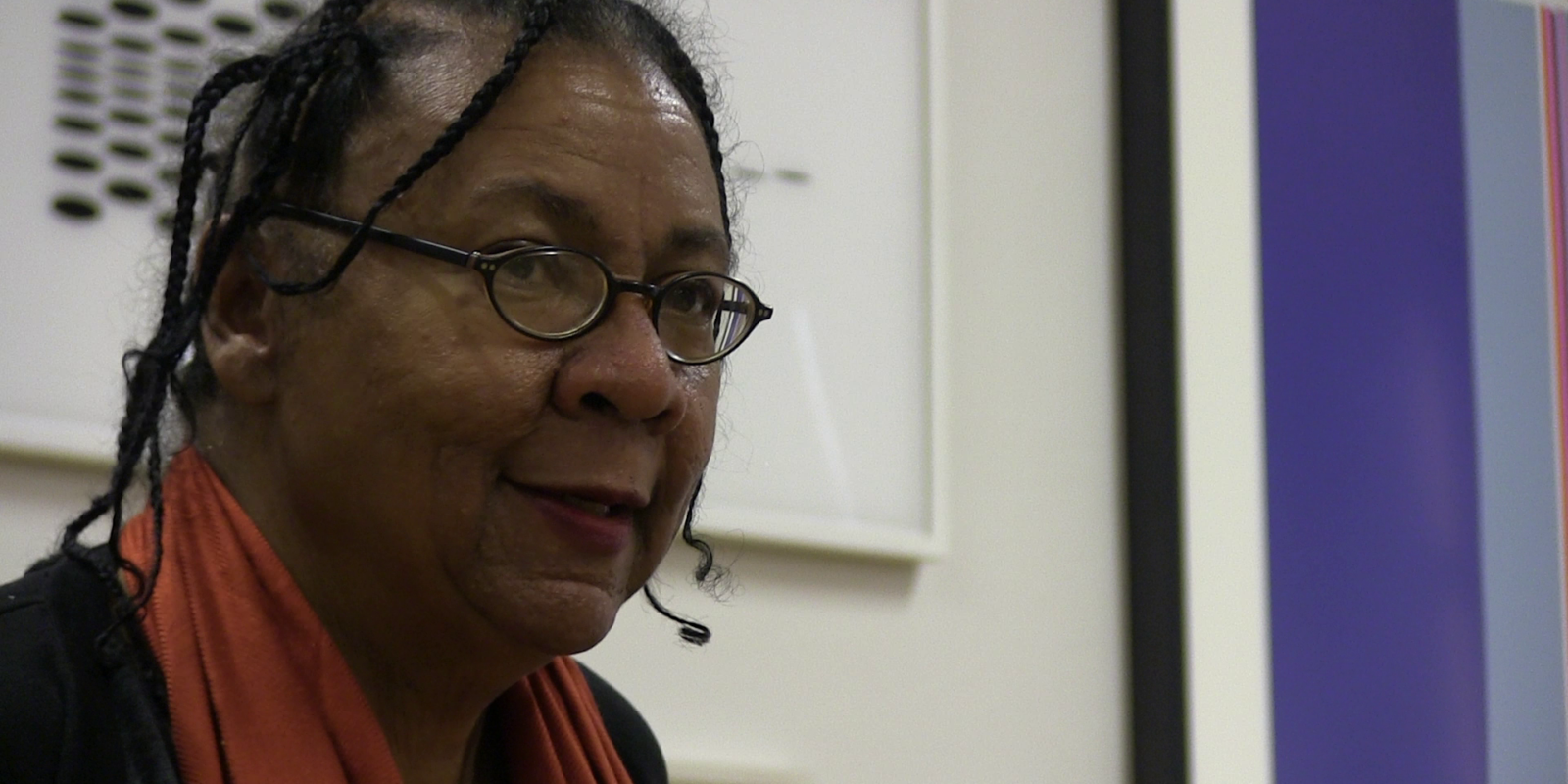Grieving, Loving: On bell hooks
Eileen Ying
Lover, thinker, dreamer; razor-edged critic and open-armed activist; radical, riotous Black feminist with a penchant for leaving a room fuller than it began – bell hooks, who passed away in December of 2021, was a gift to all the world. Yet her value too often went unappreciated.
hooks was born Gloria Jean Watkins in 1952, when Jim Crow – a set of laws that enforced “separate but equal” facilities for Blacks and whites – still reigned in the American South. She grew up in the small town of Hopkinsville, Kentucky, attended segregated schools up until her teenage years, and studied English at Stanford before pursuing graduate degrees in Wisconsin and California. She published her first work, a chapbook of poems, while teaching at the University of Southern California. Here arose her legendary pen name – a tribute to her great-grandmother, Bell Blair Hooks, styled in lowercase to emphasize substance over identity. In the following decades, hooks would write over forty books on topics ranging from education to masculinity, Appalachia to American film. Throughout, she was staunchly anti-racist, anti-sexist, and anti-capitalist.
I first came to her work in my second term of university, in a class on feminist theory. It completely changed my outlook towards learning. “When our lived experience of theorizing is fundamentally linked to processes of self-recovery, of collective liberation,” hooks asserted in a 1991 essay, “no gap exists between theory and practice.” She picked apart the internal logic of our educational systems, voiced the limitations that I’d felt but could not yet articulate: the gatekeeping and rule-making, the preoccupation with discipline, the squashing of anything alive and aflame. But hooks also claimed the importance of that space – the space of knowledge. How else, she asked, were we to imagine a different world? Theory was meant to be enacted.
She picked apart the internal logic of our educational systems, voiced the limitations that I’d felt but could not yet articulate…
In 1991, hooks’s mission to wed critical reflection to political struggle brought her across the Atlantic. It’s an important but little-acknowledged fact that she spoke at the International Book Fair of Radical and Third World Books, known affectionately as the “Black Book Fair”, and that she frequented London’s historic New Beacon Books. Pluto Press, moreover, has published British editions of her work from the very start. Still, you’d be hard-pressed to find her name on any contemporary British syllabus. (My own encounter came, fortuitously, in the US.) Perhaps this is just another instance of academic neglect, or perhaps it speaks to the broader erasure of Black radical history in the UK. Either way, hooks’s death prompts us to revisit a whole treasury of buried wisdom, both hers and that of her comrades.
And this, I think, is where she would have wanted us to look in such a moment. By the time she wrote All About Love in 1999, hooks had developed a kind of serenity in the face of loss. “Love is the only force that allows us to hold one another close beyond the grave,” she insisted. “That is why knowing how to love each other is also a way of knowing how to die.” For hooks, the root of all transformation – personal as well as political – lay in our investment in the people around us, in the sort of devotion that left us no choice but to fight for something better.
So today, for hooks, we grieve openly and loudly, and tomorrow we turn that love outwards, to all those who continue to bend towards freedom.
Photograph: bell hooks, 2014. By Alex Lozupone, CC BY-SA 4.0.
Cite this: Ying, Eileen. “Grieving, Loving: On bell hooks.” Postcolonial Writers Make Worlds, 2022, https://writersmakeworlds.com/essay-grieving-loving-on-bell-hooks. Accessed 10 February 2022.
